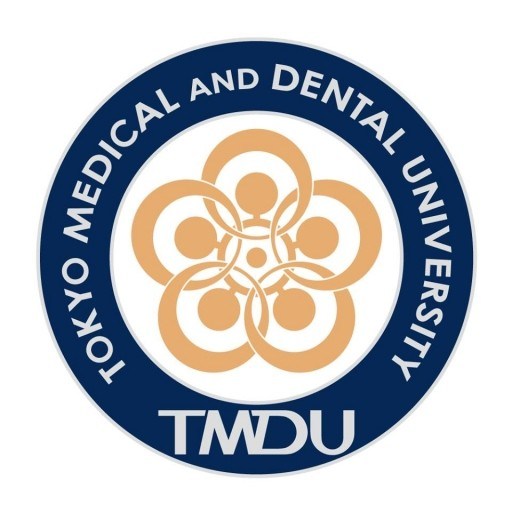Photos of university / #hebrewuniversity
The International Program in Brain Research at The Hebrew University of Jerusalem offers an innovative and comprehensive educational experience designed to prepare students for advanced careers in neuroscience and related fields. This program integrates cutting-edge research, interdisciplinary coursework, and practical training to provide students with a deep understanding of the structure and functions of the brain, as well as the latest techniques used in brain research. Participants will have the opportunity to work alongside leading scientists and researchers, engaging in hands-on experiments and collaborative projects that foster critical thinking and problem-solving skills. The curriculum covers a broad range of topics, including molecular neuroscience, neuroinformatics, cognitive neuroscience, neurophysiology, and neuropharmacology, enabling students to gain a well-rounded perspective on the complex processes that underlie brain function and behavior. Through a combination of lectures, seminars, laboratory work, and internships, students will develop both theoretical knowledge and practical expertise needed to excel in academic and industry settings. The program also emphasizes the importance of ethical considerations in neuroscience research and encourages innovative thinking to address current challenges in brain health and neurological disorders. Graduates of the International Program in Brain Research at The Hebrew University of Jerusalem will be well-equipped to pursue careers in research institutions, universities, healthcare industries, and biotechnology companies, contributing to advancements in understanding brain mechanisms, diagnosing neurological diseases, and developing new treatments. The university’s state-of-the-art facilities, collaborative research environment, and a vibrant academic community provide an inspiring setting for aspiring neuroscientists to thrive and make meaningful contributions to science and society. This program is ideal for motivated students seeking to deepen their knowledge of brain science through a globally oriented curriculum designed to foster academic excellence and innovative research skills.
The Program is composed of formal course work and research. The curriculum has three parts:
- Prerequisite Courses - the admissions committee provides an individualized list of prerequisites to each student based on their prior background. Students take these courses during the first semester.
- Required Courses - mandatory courses in advanced physiology, modeling, and psychology are held during the second and third semesters.
- Elective Courses - students may choose from a variety of courses offered by the Program or by other graduate programs at the Hebrew University. Students normally complete the coursework in four semesters.
Students also complete a Ph.D. thesis according to guidelines set by the Hebrew University Committee for Graduate Programs. These projects are often interdisciplinary, offering students the unique opportunity to work in conjunction with two different labs. Research usually takes 3 years before the Ph.D. thesis is ready to be submitted.
Candidates should send the following documents using the electronic registration form at http://grs.ekmd.huji.ac.il
- Current CV
- One-page statement of scientific interests and objectives
- Two or more letters of recommendation
- Official transcripts from each university attended
- Proof of English proficiency (required only for non-native speakers of English). The minimum requirements are 80 points (TOEFL iBT), 213 points (TOEFL CBT), 550 points (TOEFL paper), 6.5 points (IELTS), grade C (ESOL).
Candidates who pass the initial screening will be requested to register at the office of overseas students of the Hebrew University. The registration fee is $100. Note that registration does not ensure acceptance to the program. Candidates will be interviewed remotely by the program selection committee. Successful candidates will be invited for a personal interview.
Accepted students are entitled to the following support:
1. Full tuition support for five years of their Doctoral studies.
2. Fellowship payment for living expenses of approx. $1200 per month (4800 NIS), until completion of the first 2 years of studies.
3. The payments for the next three years of studies will resume after acceptance to the first Phase of the Doctoral Program, set by the Authority of Research Students,
(usually after the first two years of studies, depending on the student's academic achievements). The exact amount of the fellowship will not be less than the amountof the first two years, and will be determined jointly by the student’s advisor and ELSC.
4. Dorm accommodations during the first two years of studies.
5. Health insurance for the first two years of studies.
The International Program in Brain Research at The Hebrew University of Jerusalem offers a comprehensive and interdisciplinary curriculum designed to equip students with a deep understanding of the structure, function, and disorders of the human brain. This program emphasizes advanced research techniques and the latest developments in neuroscience, integrating knowledge from fields such as biology, psychology, medicine, and computational sciences. It aims to prepare graduates for careers in scientific research, clinical applications, or further academic pursuits. Students will have the opportunity to work alongside leading researchers and access state-of-the-art laboratory facilities, fostering a hands-on learning environment. The program includes coursework in neuroanatomy, neurophysiology, behavioral neuroscience, cognitive science, and neuropharmacology, alongside practical research projects. The multicultural and international environment at The Hebrew University enhances collaborative learning and offers cultural enrichment. Graduates of this program will be well-equipped to contribute to advancements in understanding brain functions, developing treatments for neurological disorders, and innovating in the field of neural engineering. With a strong emphasis on both theoretical knowledge and practical skills, the program prepares students for PhD studies, research positions, and roles in healthcare and biotechnology industries worldwide.






